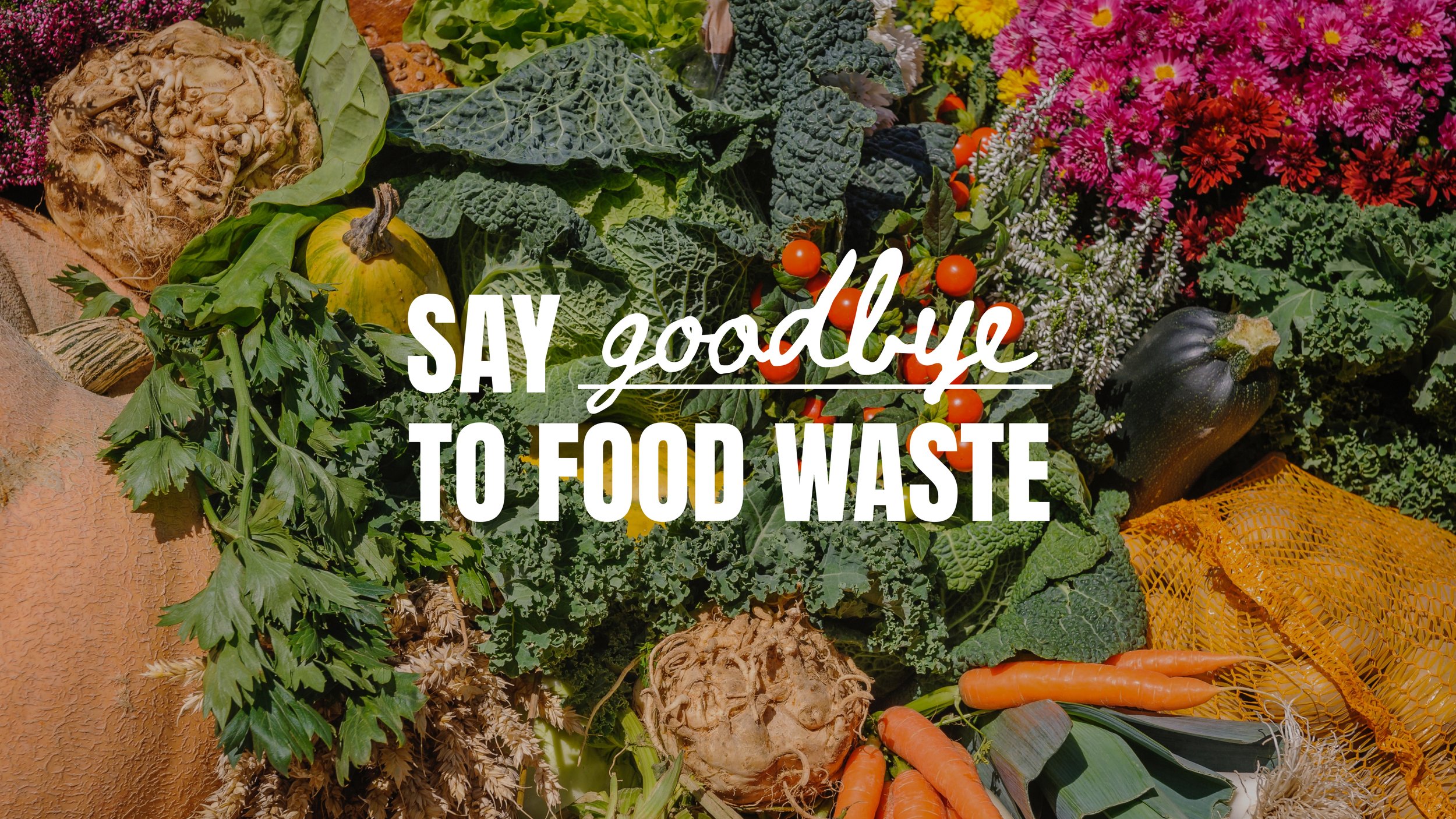
Overview
Nomo is a fictional brand that aims to combat the food waste issue in the world. The challenge is to build a product that can help fresh food business owners to reduce their ecological footprint and establish a long term balance for food supply and demand.
Our task was to apply the Double Diamond approach to design and build an effective and fun web application for fresh food business owners.
The project is a part of Le Wagon Tokyo Web Development coding bootcamp.
Role
Product Designer
Researcher
Full-stack Developer
Timeline
August 2021 - September 2021
Design Process
Double Diamond
Discover
We targeted small/medium fresh food business owners for our product, and we interviewed them on how they manage their supply and demand.
The goal was to investigate what struggles they face and how they are currently tackling them.
Voices of Interviewees
- Small cafe/bakery owner
- Small guest house owner
- Small grocery store owner
- Small guest house owner
- Medium grocery store manager
- Small restaurant owner
Define
After gathering insights from small/medium fresh food business owners, two major findings were revealed;
① Our target audience tries to reduce food waste in several ways
② Despite their efforts, they cannot avoid daily food waste
Problem Definition
Fresh food business owners need an effective and sustainable way to manage their ingredients to run a profitable business and make a better ecological impact in the world.
Develop
For the defined problem, we came up with several solutions, namely as follows;
1) effective inventory management system and 2) marketplace to distribute soon-to-be wasted food and green action dashboard.
1) Effective inventory management system
By registering how much and what ingredients are needed for each product, the solution automatically calculate and suggest what ingredients to be ordered by creating a list as well as analyze the food-waste trend of the business. Eventually we aim to connect the solution to the shop’s POS system so that all will be automated.
2) Marketplace to distribute soon-to-be wasted food and green action dashboard
Creating a marketplace solution to match with people who are interested in rescuing the soon-to-be wasted food so that the food can be distributed and waste to be avoided. In addition, to motivate the business owners, a green action dashboard is installed, displaying saved Co2 levels and waste statistics.
Deliver
Between the two solutions, we considered what is the best for our business, our user, and our technical team, in order to investigate which solution should provide a successful product.
As a result, we decided to go for the second solution - 2) Marketplace to distribute soon-to-be wasted food and green action dashboard.
The first solution was not selected due to the need for more technical resources as well as for a working infrastructure at each shop for the product to function well.
User Flow for 2) Marketplace to distribute soon-to-be wasted food and green action dashboard
Final Product
Mock up Nomo application
Username: michael@nomo.com
Password: 123456
Credit card number for test payment: 4242 4242 4242 4242
Special thanks to my team members - Namkhing, Michael, and Yui ♥︎


















